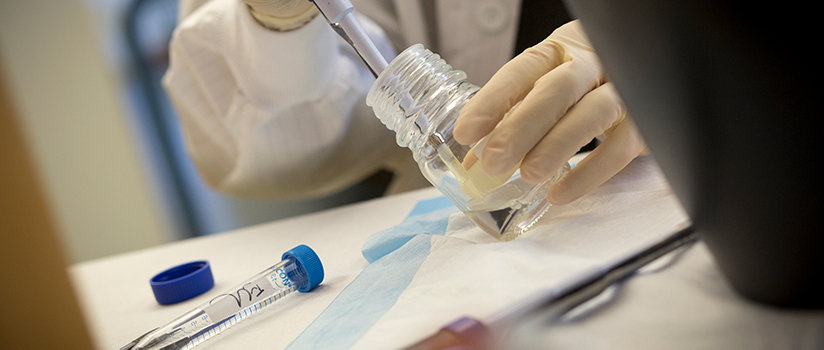BBIP Program Course Requirements:
Fundamentals of Neuroscience
Human Genetics
Translational Science
Integrated Behavioral-Biomedical Seminar
Responsible Conduct of Research
Laboratory Rotations in a Broad Array of Settings:
Every trainee participates in two lab rotations during the first year of the program. “Lab” is broadly construed to include laboratory and field settings where faculty-directed research is taking place. Participation in the lab rotations provides trainees with exposure to the research problems, methodologies, and applications related to the interface of biomedical and behavioral domains. Some of the lab rotations represent the biological-behavioral interface, while others sample from predominantly biological or behavioral science domains. Trainees choose from a broad array of lab rotations across the campus in human and animal research settings. Lab rotations cover a wide variety of topics such as but not limited to research on ADHD, brain functioning, endocrine problems, genetic issues, obesity, pre-natal and perinatal risk, promotion of healthy lifestyles (activity level and nutrition), Sickle Cell Anemia, sleep disorders, substance abuse, and many other topics that potentially inform prevention and developmental sciences.
BBIP Topic Sessions:
All trainees attend the Topic Session Series throughout 3rd through 5th years in the Program. The Series, involving several sessions per year, covers a broad range of behavioral-biomedical, methodological, scientific integrity, and professional development topics. The sessions also afford opportunities for trainees to describe developments in their own research.
